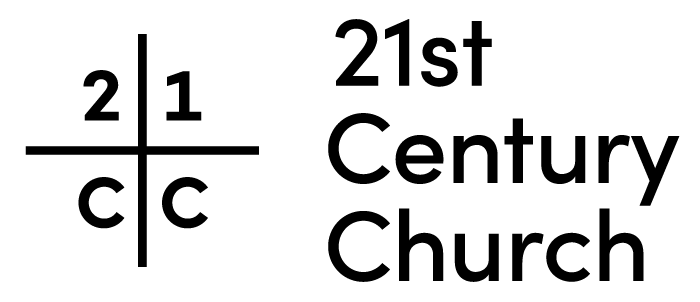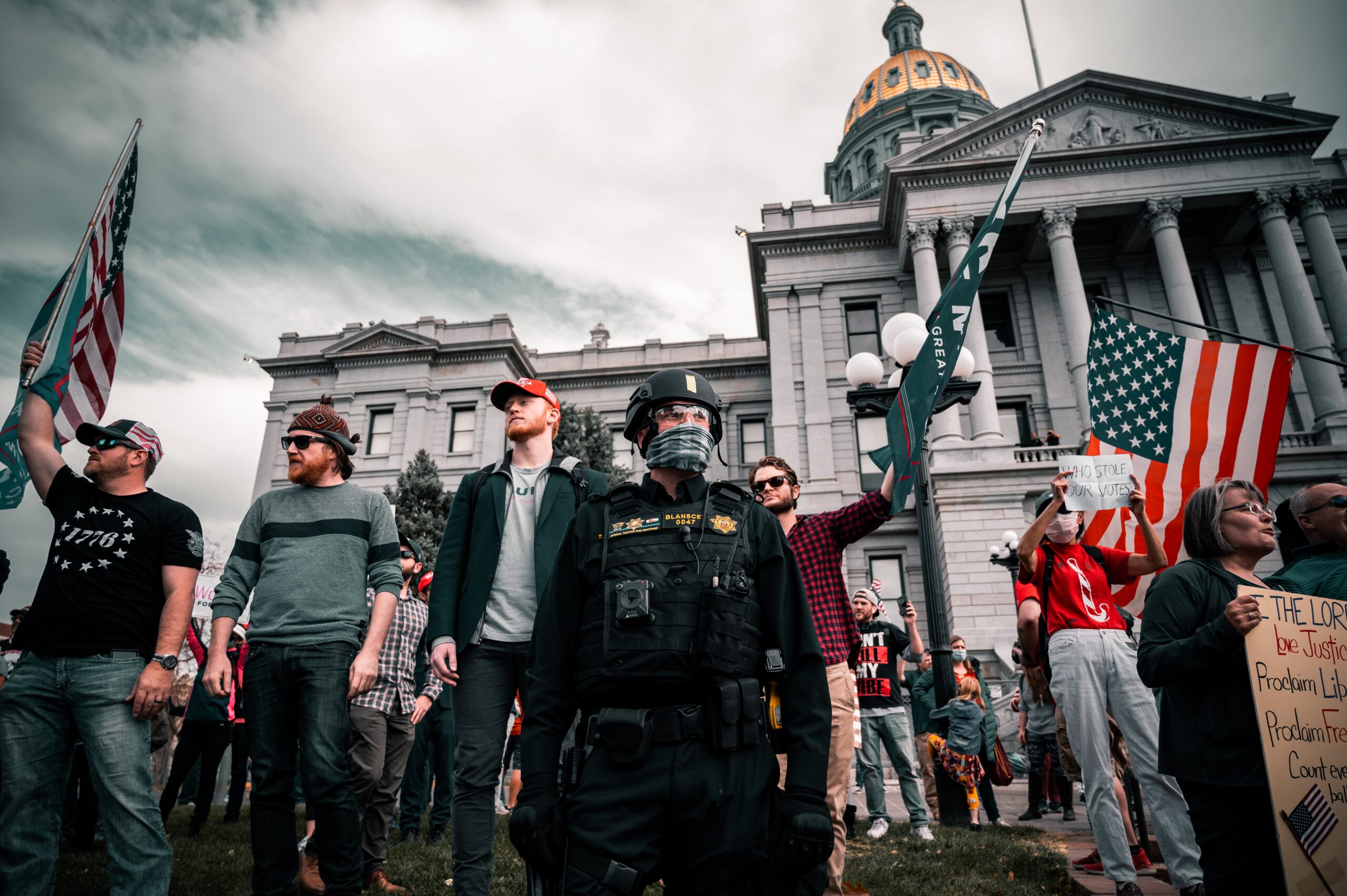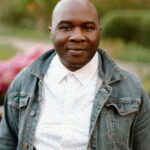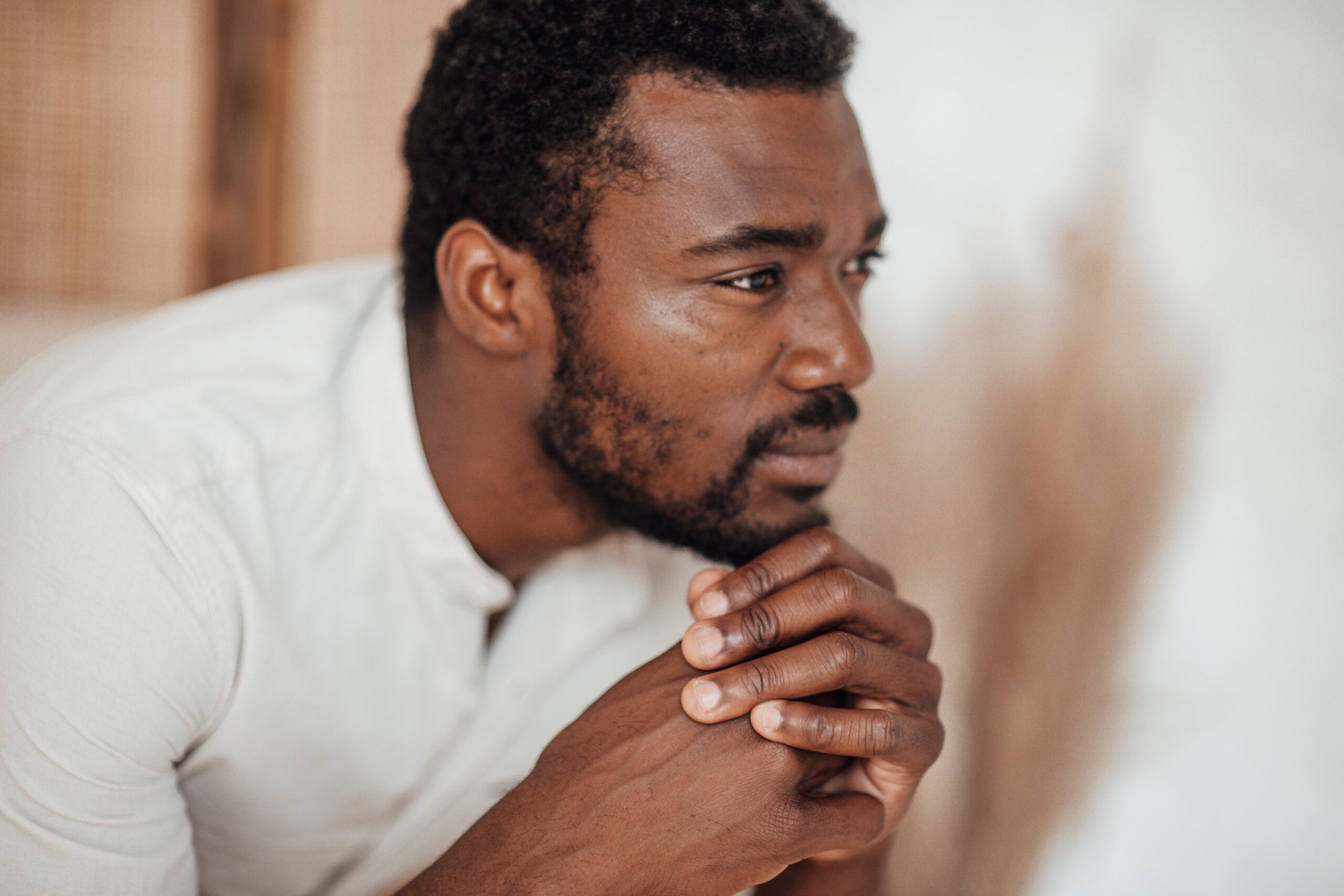Who determines what righteousness is? This is the fundamental question that haunts our attempts to build just societies. We yearn for fairness and justice, dividing power amongst ourselves to achieve it. But what happens when the majority, swept up by hate, misinformation, or perceived injustice, chooses the wrong path? This is the paradox at the heart of power division: an attempt to prevent tyranny, potentially paving the way for its insidious cousin – the tyranny of the majority. Because when the majority is wrong, the majority is still often perceived as right.
The illusion of “doing justice” through the division of power is intoxicating. We meticulously craft checks and balances, hoping to prevent the tyranny of the majority. Yet, the danger lies in the assumption that the people will always align with righteousness.
History is filled with examples where well-intentioned power structures, fueled by perceived injustice, have morphed into instruments of oppression.
This is not to say that the majority is inherently wrong. But when blinded by perceived injustice, hate, or misinformation, the crowd’s viewpoint can masquerade as righteousness, leading to disastrous consequences. This is the dilemma of power division: a system designed to prevent the tyranny of one, potentially vulnerable to the tyranny of many.
Therefore, before blindly delegating power, we must grapple with this fundamental question: who determines righteousness? Only then can we build societies on a firm foundation, where power serves as a tool for justice, not a weapon of misguided passion.
Who determines what is righteous when humans govern?

In the spiritual sense, righteousness transcends mere laws and regulations. It signifies the right relationships between all people, beginning with ourselves, then extending to others, and ultimately, to God. Righteousness is the act of doing what is “right, just, accurate, correct, fair, or impartial,” not just in man’s eyes but in God’s eyes. Without a righteous standard bearer, we are left to grapple with subjective values, conflicting interpretations, and the ever-present risk of error and the tyranny of the majority.
When humans handcraft laws, which they must, no matter how well-intentioned, some of the laws will inevitably bend to the winds of the shifting majority and personal agendas of hubris men and women.
Foundations for righteousness and the reality of shifting sands
When this happens, it’s like diligently constructing a skyscraper on a foundation of shifting sand; it’s a recipe for disaster! No matter how grand the design, the foundation will crumble under the weight of the reality of shifting sand.
Each brick you lay seems secure, but with the next gust of wind, the ground beneath gives way, and the skyscraper of human ingenuity shifts till it crumbles under the weight of humanity.
The foundation that holds the house of human governance cannot be laid by human hands alone. Humans need a guiding light, a North Star, to provide a sturdy base for truth, righteousness, and justice. This is the inherent fragility of building a just society solely on the fleeting sands of human whim.
The foundation that holds the house of human governance cannot be laid by human hands alone. Humans need a guiding light, a North Star, to provide a sturdy base for truth, righteousness, and justice.
Tweet
The case for a righteous compass
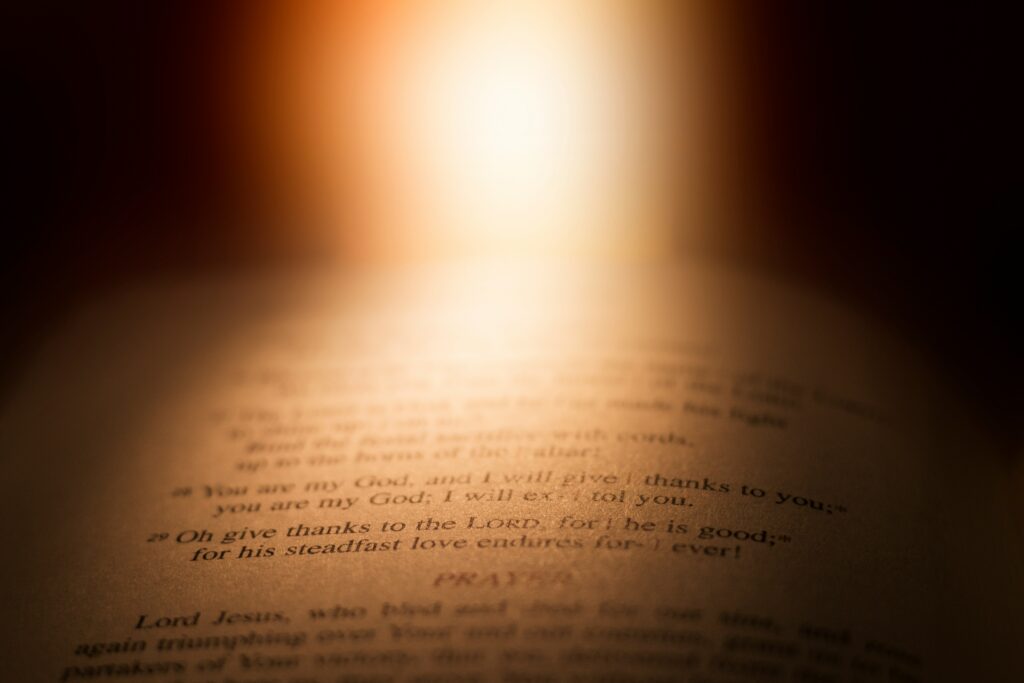
Throughout history, laws that once seemed righteous have been swept away like sandcastles by the tide of changing opinions. Think of the horrors once deemed acceptable, like slavery or the horrors of Nazi Germany. We see it in the Rwandan genocide is a grim reminder of the pits that humanity can reach when absolute power lacks a foundation of fundamental rights.
These stark reminders underscore the desperate need for a moral compass, a North Star that transcends the fleeting trends of the day. We need a bedrock of unchanging principles, a foundation of righteousness and justice upon which to build a society that endures. Only then can we truly build a skyscraper of human ingenuity that stands tall against the winds of change and offers shalom for all? Human history lays bare the peril of rulership adrift.
The illusion of “doing justice” through the division of power is intoxicating. We construct systems of checks and balances, hoping they will prevent the “tyranny of the majority.”
Tweet
The appeal of divine guidance
There is a solution to this dilemma. Jesus taught about a Kingdom built on the foundation of eternal truth. In God’s reign, righteousness isn’t dictated by the ideals of the shifting tides of popular sentiment but by a perfect and unchanging standard bearer: God, our Father, our King.
In the Kingdom of God, righteousness doesn’t shift; it’s unmoving and eternal. God’s laws, etched in truth, righteousness, justice, and grace, written on the hearts of each human, hold the promises of the total welfare of all people. The anchor of the eternal is the laws of God written on the hearts of men and women.
Imagine governing where decrees aren’t echoes of the loudest voices but a melody of peace for every soul. Imagine a sovereign who gets “it” right one hundred percent of the time. Imagine a sovereign who can be trusted, does not lie, and is impartial. This is the promise of the Kingdom, a realm where righteousness reigns in every heart, not because the rule is forced upon us but because it resonates with the deepest essence of who we were created to be– the image bearers of God. While the full bloom of God’s Kingdom awaits us, each seed of His word we sow today nourishes the garden of peace that will blossom tomorrow.
Repentance Revolution
A tangible reality of the Kingdom of God is here today. Jesus preached about it and taught about it. There’s only one thing needed to enter it–– you have to change how you think about everything.
Jesus called this repentance. In the face of faltering world systems, I invite you to consider the Kingdom of God.
Start by approaching the Gospel of Matthew with fresh eyes. Set aside your preconceived notions about the Bible; you can always revisit them later. Imagine every parable and lesson Jesus shares as a window into his Kingdom—a realm where inclusion, love, judgment, forgiveness, honor, and peace reign supreme.
The Kingdom of God is the destination in the elusive quest for a righteous and just government.
